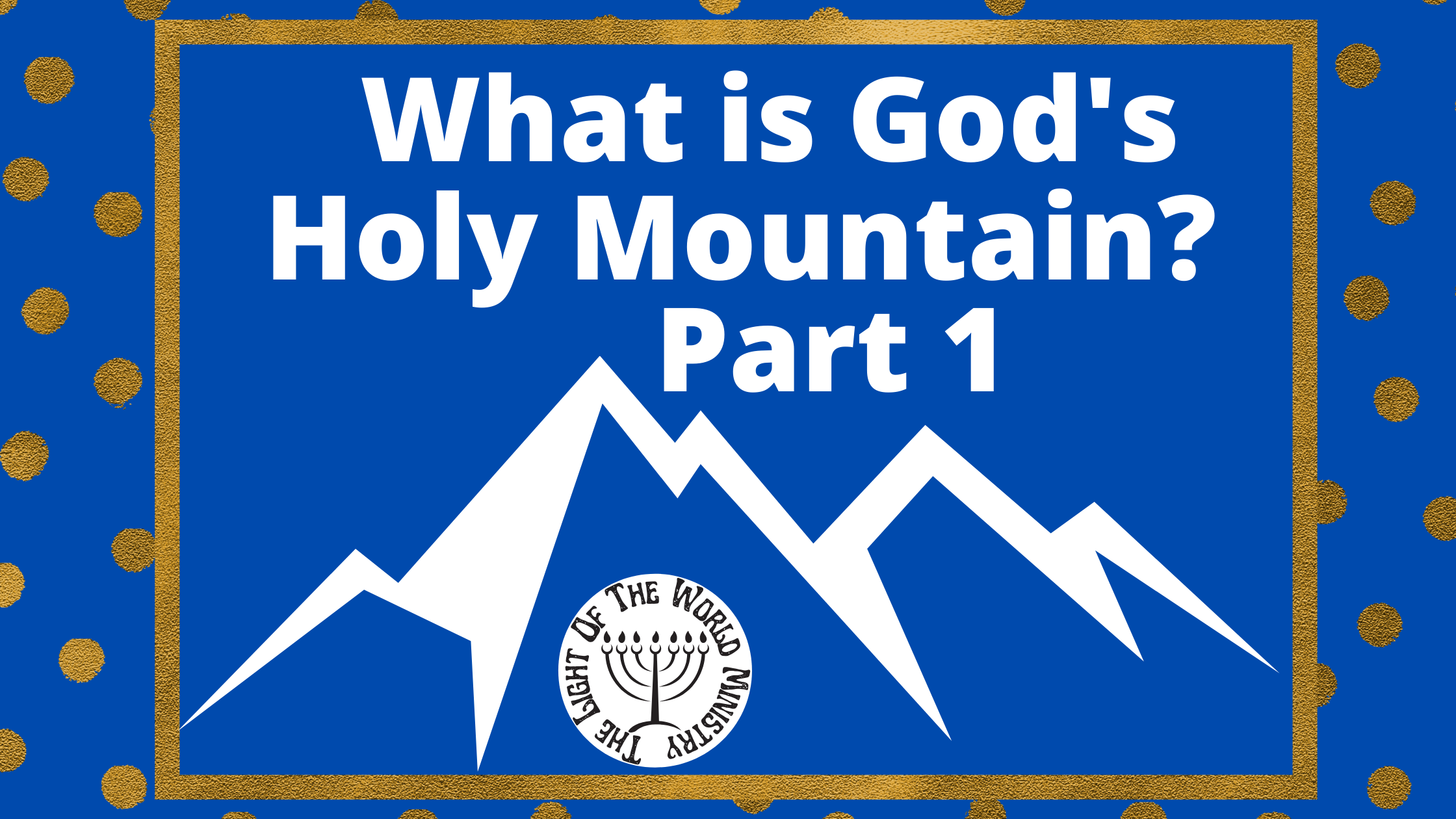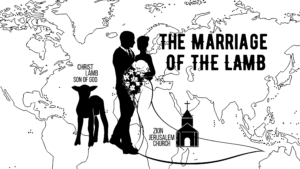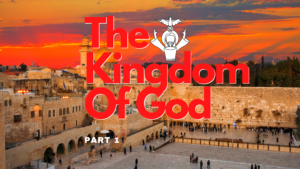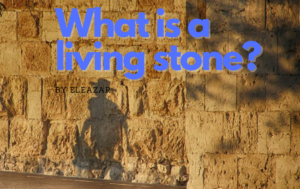Last updated on November 29, 2021
God’s holy mountain is a subject of many Biblical prophecies both in the Old and the New Testaments. But, what exactly is God’s holy mountain?
First, you must understand that God’s holy mountain is not a literal mountain. Instead, God’s holy mountain is spiritual.
Literal and Spiritual Meanings
And although history may point to the land of Jerusalem as the location of God’s holy mountain, it is not what the Bible is referring to.
So, in order to understand what God’s holy mountain is all about, we must first understand the following concept:
A word, a verse, or a passage in the Bible can have more than one meaning. And the meanings can be literal or spiritual or both. Therefore, we must learn how to discern the difference.
Jerusalem And Zion
Now, let us apply this concept to the following Bible passage about Jerusalem and Zion— the city founded by King David.
2 Samuel 5:6 Now the king and his men marched to Jerusalem against the Jebusites who inhabited the land. The Jebusites said to David: “You will never get in here. Even the blind and lame can repel you.” For they thought, “David cannot get in here.” 7 Nevertheless, David captured the fortress of Zion (that is, the City of David).
In the preceding passage, King David marched to the land of Jerusalem to take it from the Jebusites.
And then, “Zion” was mentioned later in the passage. It was the “fortress” that king David captured.
I am able to discern that there is a dual meaning to this particular Bible passage. One meaning is literal and the other spiritual.
King David captured two places when he marched into Jerusalem. The first place that King David captured is the land of the Jebusites.
The land of the Jebusites that King David captured is called Jerusalem.
The second place that King David captured was an unseen spiritual realm that the Bible refers to as Zion.
As a consequence of King David capturing the two places, Jerusalem now has two meanings. One meaning is literal and the other is spiritual.
Now, when we read “Jerusalem” in the Bible, it could now be referring to the land of Jerusalem or to Zion — God’s holy mountain.
How to discern
Below are some examples of how to discern between the spiritual and literal meaning of Jerusalem.
Here’s one example:
Luke 2:41 Every year His parents went to Jerusalem for the Feast of the Passover.
I can clearly discern that the Jerusalem mentioned in the preceding verse is the land of Jerusalem.
The Holy Mountain
But more often than not, when the Bible mentioned Jerusalem, it is referring to Zion—God’s holy mountain.
Here is an example:
Jeremiah 3:17 At that time they will call Jerusalem The Throne of the LORD, and all nations will gather in Jerusalem to honor the name of the LORD. No longer will they follow the stubbornness of their evil hearts.
I can discern the meaning of the “Jerusalem” mentioned in the preceding verse as something spiritual in nature.
How was I able to discern this?
Well, the line “all the nations will gather in Jerusalem” tells me that it is referring to something spiritual because people of “all the nations” will not all fit in the city of Jerusalem. Therefore it must be referring to the spiritual Jerusalem or Zion—God’s holy mountain.
Another example:
Psalm 2:6 “I have installed My King on Zion, upon My holy mountain.”
In the preceding verse, God clearly stated that Zion is His holy mountain.
In this case, Zion is the spiritual Jerusalem—God’s holy mountain.
Mount Zion
And the last example:
Joel 2:32 And everyone who calls on the name of the LORD will be saved; for on Mount Zion and in Jerusalem there will be deliverance, as the LORD has said, even among the survivors whom the LORD calls.
In the verse above Zion and Jerusalem are both mentioned. By the way, Mount Zion is just a short form for God’s Holy Mountain Zion.
But in this particular verse, the prophet Joel referred to both the spiritual Jerusalem and the physical Jerusalem clearly. There is no need to distinguish between the meanings of the words.
Conclusion
In order to understand what God’s holy mountain is about, we must first understand that a word, verse, or passage that is written in the Bible can have more than one meaning.
The meaning of a word, verse, or passage in the Bible can be literal or spiritual or both.
Therefore we must take into account that Jerusalem is both a physical and spiritual place.
God’s holy mountain is called Zion. And Jerusalem is also known as Zion. This is because Zion is the spiritual Jerusalem.
Mount Zion is a short form of God’s holy mountain Zion.
So when you see Jerusalem mentioned in the Bible, it could be referring to the land of Jerusalem or to God’s holy mountain, Zion—The spiritual Jerusalem. We must learn how to discern which Jerusalem it is referring to.
This is it for now brethren! Please come back for God’s Holy Mountain Part 2 where we look deeper into the spiritual meaning of God’s holy mountain.
Until then, may God bless you!








Be First to Comment